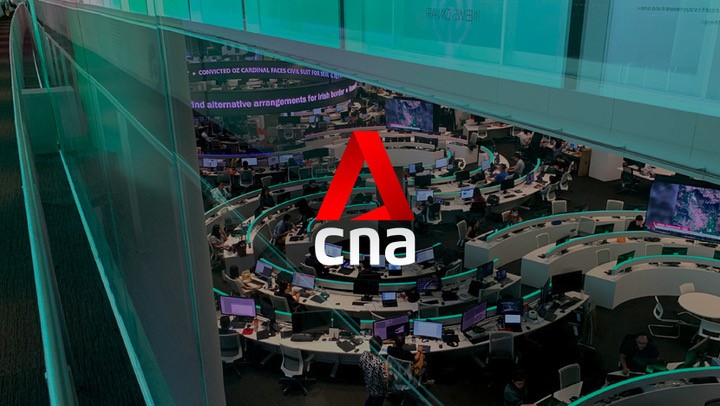VENICE, ITALY (Reuters) – At a meeting on Saturday (Jul 10) of the Group of Twenty (G20) large economies, finance ministers supported a groundbreaking effort to prevent multinational corporations from moving earnings to low-tax havens. They will also warn that coronavirus strains endanger the global economic recovery. They also emphasized the importance of ensuring equitable vaccination access in developing nations. However, a draft statement to be signed during the summit in Venice, Italy, did not include any specific new ideas on how to do so.
The tax accord was expected to be the most significant new policy move to emerge from their discussions. It brings an end to eight years of fighting over the tax problem, with the goal of national leaders giving it their final approval at the G20 summit in Rome in October. To discourage corporations from shopping about for the lowest tax rate, the agreement would establish a global minimum corporate tax of at least 15%. It would also change the way highly profitable corporations like Amazon and Google are taxed, based in part on where their products and services are sold rather than where their headquarters are located. All G20 economies were on board for the pact, according to German Finance Minister Olaf Scholz, but US Treasury Secretary Janet Yellen said a handful of smaller countries currently opposed to it, such as low-tax Ireland and Hungary, will be persuaded to sign up by October. “We’ll strive to accomplish that,” she added, adding that “it’s not necessary for every country to be on board.”
“This agreement incorporates a form of enforcement mechanism that may be used to ensure that recalcitrant countries cannot undermine – use tax havens to undermine the implementation of this global agreement.”
The G20 countries, which include the United States, Japan, the United Kingdom, France, Germany, and India, account for more than 80% of global GDP, 75% of global commerce, and 60% of the world’s population.
Kenya, Nigeria, Sri Lanka, Barbados, and St Vincent & Grenadines are among the countries that have not signed on, in addition to European Union holdouts Ireland, Estonia, and Hungary.
A debate in the US Congress over President Joe Biden’s proposed tax increases on corporations and rich Americans, as well as a separate EU plan for a digital charge on IT giants, could cause complications.
Even though the fee is primarily directed at European companies, US Treasury officials argue the EU plan is incompatible with the larger global agreement.
READ: IMF chief begs G20 to avoid a “devastating” blow to the world’s poorest countries
READ: Lawrence Wong, Finance Minister, to Attend G20 Meetings in Venice; Tax Reform on the Agenda
‘TWO-TRACK RECOVERY’ is a phrase that means ‘two-track recovery.’
Aside from the tax accord, the G20 will address worries that the rapid spread of the Delta coronavirus type, as well as unequal access to vaccines, constitute a threat to global economic recovery.
“However, the recovery is typified by substantial divergences between and within countries, and is subject to downside risks, in particular the spread of novel forms of the COVID-19 virus and varying rates of vaccination,” the document continues, citing improvements in the global outlook thus far.
According to a Reuters count, new COVID-19 infections are increasing in 69 countries, with the daily rate increasing since late June and now standing at 478,000.
“Everywhere throughout the world, we all have to enhance our vaccination performance,” French Finance Minister Bruno Le Marie told reporters. “We have extremely optimistic economic expectations for the G20 economies, and the possibility of a fresh wave is the only roadblock to a swift, solid economic recovery.” Kristalina Georgieva, Managing Director of the International Monetary Fund (IMF), stated that the globe is experiencing “a worsening two-track recovery,” which is exacerbated by inequalities in vaccine availability. “We are at a critical juncture that necessitates immediate action by the G20 and policymakers throughout the world,” she said in a statement released in advance of the conference. While the communique emphasized support for “equitable global sharing” of vaccines, it did not suggest any tangible new measures, instead acknowledging the IMF, World Bank, World Health Organization, and World Trade Organization’s call for US$50 billion in new vaccine financing. The IMF is also pressuring G20 members to agree on a clear roadmap that will allow rich countries to donate US$100 billion in newly released IMF reserves to poorer countries. Geoffrey Okamoto, the IMF’s First Deputy Managing Director, told Reuters that his goal was to be able to propose a feasible solution for channeling freshly issued special drawing rights to countries in need by the end of August, when a new US$650 billion allocation is finished./n




